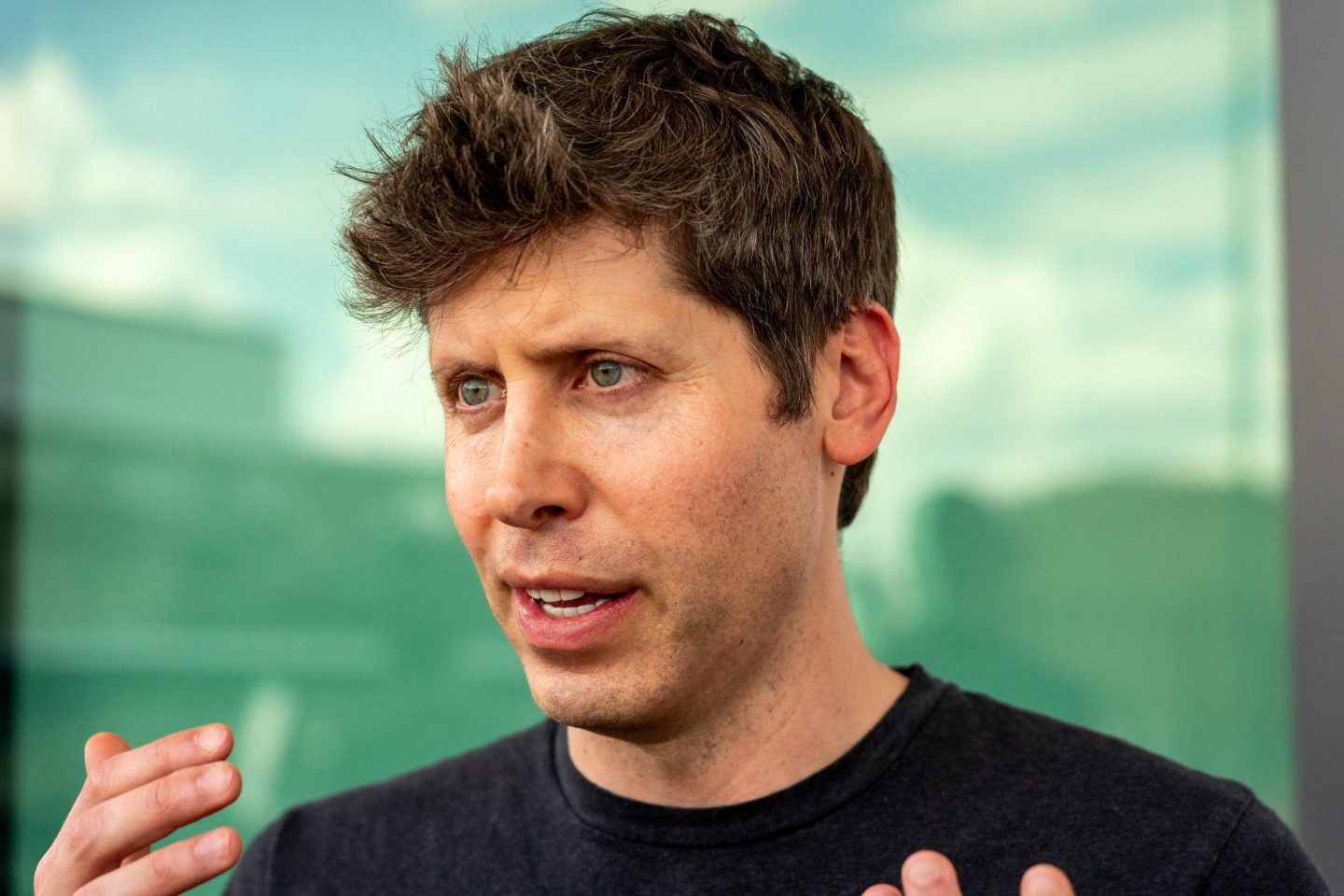Business leaders are split on how AI will change our world; Anthropic CEO Dario Amodei warned of a jobs armageddon on the horizon that will wipe out 50% of white collar roles, while Google DeepMind chief executive Demis Hassabis said the tech will usher in a “golden era” of space colonization and superhuman productivity. As AI agents continue to snatch up junior-level work, employees are handwringing about their future careers—but billionaire investor Marc Andreessen is laying the concern to rest that we’ll all be unemployed and penniless.
“The other great economic fallacy that I just see everywhere right now is this idea that AI is somehow going to be this hyper-successful thing: hyper-acceleration of productivity and [will] dramatically change everything, destroy all the jobs,” Andreessen recently said on Stripe’s Cheeky Pint podcast. “And yet somehow that’s going to lead to people being eviscerated, and being poor and not having anything.”
Even if that scenario were to come true, the Andreessen Horowitz cofounder predicted that people would enjoy massive spending power. A surge in productivity would cause everything to be “oversupplied,” he said, and things that once cost $100 would now sell for a penny.
“Even if it played out, the result would be hyper-deflation of prices, which is the thing that people miss,” the 54-year-old billionaire continued.
“So in that environment, with that level of productivity growth, the price of business services will collapse, and things that today cost a lot of money will all of a sudden all be cheap or free.”
AI will give people a ‘super-PhD’ and is smarter than humans—but it won’t replace everyone yet
CEOs like Jensen Huang stress that AI won’t be a job-killer stealing human jobs—instead, employees who are savvy with the tech will be the ones snatching up roles. And Andreessen agreed that AI will give professionals wings to be hyper-efficient workers.
“AI just makes every individual a super-PhD in every topic,” the entrepreneur predicted in the interview. “As a consequence, every single one of those people is now capable of doing so much more than they were ever capable of doing before.”
Although we are already witnessing swaths of jobs getting replaced by AI, from computer programmers and financial analysts to even some trade jobs, the venture capital entrepreneur said humans shouldn’t be worried about a total wipeout. In fact, he insisted that some roles will still only be filled by humans, even if AI is better at the job.
“The employment shifts everybody’s worried about are actually not going to happen at anywhere near the velocity people think,” Andreessen said, “because a significant percentage of jobs in the U.S. are licensed or unionized or civil service in a way where they literally cannot be replaced.”
One of the few sectors that tech leaders like the “Godfather of AI” and OpenAI CEO Sam Altman predict will be relatively unscathed from AI job disruption is healthcare: patients will always want a human connection for that service, and robots aren’t advanced enough to perform surgeries or related tasks.
Andreessen echoed that sectors like medicine and law can’t be heavily integrated with AI yet due to regulations and licensing hurdles. A chatbot can’t make an argument in court, and an algorithm can’t treat an ailing human—but it does already have the processing power to outperform people in those roles.
“ChatGPT is in fact a better doctor than your doctor today, with almost a hundred percent certainty,” he said. The investor pointed to self-driving cars as a parallel: “There’s always been this question of: Is the requirement perfection or is the requirement better than the median human driver? If you apply that same question into law or medicine, it’s just overwhelmingly clear that you’re better off today with doctor ChatGPT…You can’t live your life that way, because it can’t be your doctor.”













